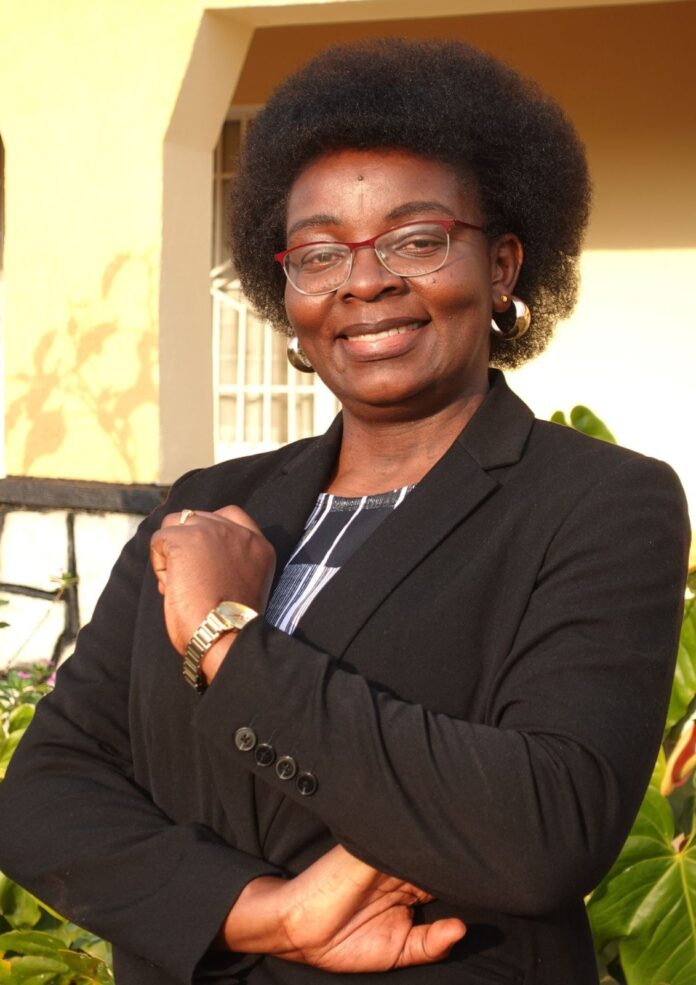Kigali, 13 Werurwe 2024- In a ruling today, the High Court of Rwanda has denied the rehabilitation request of opposition politician Victoire Ingabire, effectively barring her from obtaining full legal rights to participate in the forthcoming elections. Ingabire, who faces restrictions due to a prior conviction, had sought legal rehabilitation in hopes of engaging in the political process without constraints.
Ingabire’s conviction led to a presidential pardon in 2018, a gesture that, while mitigating her sentence, did not expunge the legal limitations imposed by her conviction. According to Rwandan law, a period of more than five years post-release is required before a former convict can seek rehabilitation. Ingabire’s application came after this statutory period, highlighting her legal right to request such reconsideration.
However, in its decision, the High Court emphasized that the conditions to which Ingabire must conform, as specified by the presidential decree that facilitated her release, “shall conclude upon the termination of the residual sentence period.” As a result, the court determined that the existing restrictions could not be lifted. This interpretation suggests the court views the presidential decree as having precedence over the organic law governing the rehabilitation of individuals previously found guilty of crimes, a stance that raises questions about the hierarchy of legal authority in Rwanda, potentially in conflict with Article 95 of the Rwandan Constitution, which outlines the law’s supremacy.
This decision underscores the profound influence of executive decisions within Rwanda’s legal framework, suggesting that the preferences of President Paul Kagame might outweigh established laws and constitutional provisions. This scenario is emblematic of authoritarian governance, where the will of a singular leader supersedes the rule of law, positioning Kagame as a de facto supreme ruler within the Rwandan context.
Compounding the controversy is the African Court of Human and Peoples’ Rights’ previous finding that Ingabire was not guilty, a decision the Rwandan government, despite being a member of the court, chose not to recognize. This rejection left Ingabire with no recourse but to pursue rehabilitation through the Rwandan judicial system, a move that has highlighted the challenges within Rwanda’s justice system and the apparent supremacy of presidential wishes over legal norms and international judicial decisions. This case vividly illustrates the complex interplay between political power and legal principles in Rwanda, spotlighting the challenges faced by opposition figures and the broader implications for rule of law and democratic governance.
Moreover, amidst this legal and political drama, the incumbent President Paul Kagame is poised to run for a fourth term in the presidential elections scheduled for July. This High Court decision, by sidelining a potential political challenger months before the polls, has effectively handed Kagame a significant advantage, making him the victor of the July presidential election as early as March. This development not only reflects the intricate balance of power and legal interpretation within Rwanda but also signals a foregone conclusion to what might have been a competitive electoral process, underscoring the complexities of navigating political dissent and democracy in the country.





























































